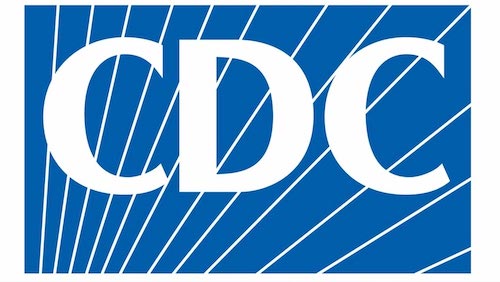Rickettsial Zoonoses Branch ORISE Fellowship, CDC
Category : Alumni
CDC Office and Location: Multiple research opportunities are available with the Epidemiology Team in the Rickettsial Zoonoses Branch within the Division of Vector-Borne Diseases (DVBD) of the National Center for Emerging and Zoonotic Infectious Diseases (NCEZID) at the Centers for Disease Control and Prevention (CDC) in Atlanta, Georgia.
The Centers for Disease Control and Prevention (CDC) is one of the major operation components of the Department of Health and Human Services. CDC works to protect America from health, safety and security threats, both foreign and in the U.S. Whether diseases start at home or abroad, are chronic or acute, curable or preventable, human error or deliberate attack, CDC fights disease and supports communities and citizens to do the same.
Research Project: The Epidemiology team is responsible for supporting national surveillance activities for 7 nationally notifiable conditions. The diseases of primary focus on the team include Rocky Mountain spotted fever, flea-borne typhus, Q fever, other spotted fever group rickettsiosis, ehrlichiosis, anaplasmosis, and alpha-gal syndrome. One of the team’s primary missions is to understand the epidemiology driving burden of these diseases domestically and internationally. This mission is met through a disease surveillance, research, capacity building, and outbreak investigations.
Learning Objectives: Under the guidance of a mentor, the selected participant will train in activities supporting national surveillance and outbreak response. The participant(s) will also be trained in coordinating communication and providing information to the general public, state and local public health departments. There is also opportunity to provide support for data management, SAS programming, and statistical analysis. Assistance and mentorship will be provided in preparation of manuscripts and written summaries, research, public health communication, and case report data.
Mentor(s): The mentor for this opportunity is Johanna Salzer (hio7 [at] cdc [dot] gov). If you have questions about the nature of the research please contact the mentor(s).
Anticipated Appointment Start Date: March 2022. Start date is flexible and will depend on a variety of factors.
Appointment Length: The appointment will initially be for one year, but may be renewed upon recommendation of CDC and is contingent on the availability of funds.
Level of Participation: The appointment is full-time.
Participant Stipend: The participant will receive a monthly stipend commensurate with educational level and experience.
Citizenship Requirements: This opportunity is available to U.S. citizens, Lawful Permanent Residents (LPR), and foreign nationals. Non-U.S. citizen applicants should refer to the Guidelines for Non-U.S. Citizens Details page of the program website for information about the valid immigration statuses that are acceptable for program participation.
ORISE Information: This program, administered by ORAU through its contract with the U.S. Department of Energy (DOE) to manage the Oak Ridge Institute for Science and Education (ORISE), was established through an interagency agreement between DOE and CDC. Participants do not become employees of CDC, DOE or the program administrator, and there are no employment-related benefits. Proof of health insurance is required for participation in this program. Health insurance can be obtained through ORISE.
The successful applicant(s) will be required to comply with Environmental, Safety and Health (ES&H) requirements of the hosting facility, including but not limited to, COVID-19 requirements (e.g. facial covering, physical distancing, testing, vaccination).
Questions: Please visit our Program Website. After reading, if you have additional questions about the application process please email ORISE [dot] CDC [dot] NCEZID [at] orau [dot] org and include the reference code for this opportunity.
Qualifications
The qualified candidate should be currently pursuing or have received a master’s or doctoral degree in one of the relevant fields. Degree must have been received within five years of the appointment start date.
Preferred skills:
- Epidemiology training or training in a related field (i.e., biostatistics, health informatics, biology, veterinary science, etc.)
- Interest in One Health, public health capacity building, data analyses, public health surveillance, and outbreak investigation
- Degree: Master’s Degree or Doctoral Degree received within the last 60 months or currently pursuing.
Click apply to learn more.
